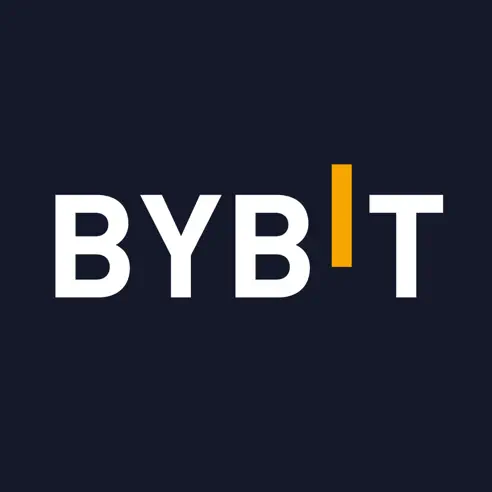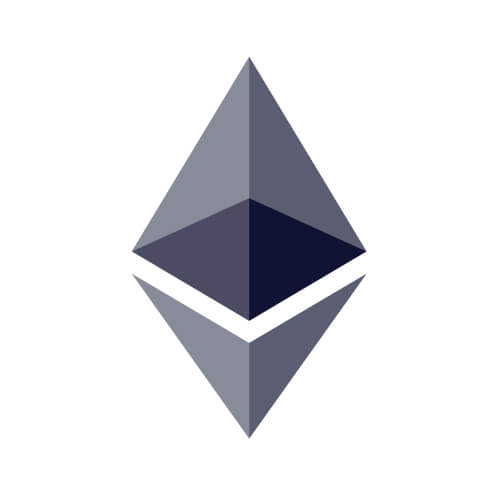In the vast world of cryptocurrencies, where innovation knows no bounds, one name is making waves with its revolutionary approach to decentralized computing: Stacks (STX). But what exactly is Stacks, and why should you pay attention?
At its core, Stacks is not just another cryptocurrency; it’s a gateway to a new era of decentralized applications (dApps) and smart contracts.
Today, we will cover the following topics:
– About Stacks (STX)
– How does Stacks work?
– Main features of Stacks
– Technical Analysis
– Why is STX The Coin of the Week?
About Stacks (STX)
What is Stacks?
Stacks, previously known as Blockstack, stands as a pioneering force in reshaping the Bitcoin blockchain landscape.
Operating as a layer-1 ecosystem anchored to Bitcoin, Stacks upholds Bitcoin’s core features while introducing novel functionalities.
Its modular dApps framework encourages collaboration among developers, enabling the creation of innovative features and services.

Leveraging the robust security of the Bitcoin blockchain, Stacks (STX) expands Bitcoin’s utility beyond its role as a digital currency, transforming it into a programmable base layer for decentralized applications and smart contracts.
This transformative synergy between Stacks and Bitcoin lays the groundwork for a dynamic and secure decentralized ecosystem, offering new possibilities for blockchain innovation and development.
Stacks Ecosystem
The Stacks ecosystem, while smaller compared to giants like Solana and Polygon, is rapidly expanding.
Notable applications like the Blockchain Naming System (BNS) and CityCoins fortify the ecosystem, supported by investors like Union Square Ventures and Winklevoss Capital.
Unlike Ethereum’s centralized marketplace, Stacks boasts diverse marketplaces, each with unique collections driving community engagement and quality.

Here are some notable use cases that Stacks enables for the larger Bitcoin network:
Bitcoin DeFi Projects on Stacks
Alex – A decentralized launchpad for projects on Stacks to access community funding and the other resources.
LNSwap – A Trust Machines atomic swap exchange that enables trustless swaps between Bitcoin and Stacks network assets.
Bitcoin NFT Projects on Stacks
Gamma – A marketplace for buying and selling Bitcoin NFTs powered by Stacks.
StacksBridge – A cross-chain NFT bridge between Ethereum and Bitcoin through Stacks.
DAOs on Stacks
LydianDAO – A democratized treasury management protocol on Stacks.
How does Stacks work?
Stacks is linked to Bitcoin via a novel consensus mechanism known as Proof-of-Transfer (PoX).
This mechanism combines the security aspect of Proof-of-Work with the scalability feature typically associated with Proof-of-Stake, ensuring both high-security and scalability within the network.

Proof-of-Transfer (PoX) is derived from Proof-of-Burn (PoB). In PoB, participants “burn” their Bitcoin holdings to validate new blocks on the Stacks network.
This process recycles work that was already done in Bitcoin’s Proof-of-Work consensus.

However, under PoX, miners are required to transfer Bitcoin to specific Bitcoin addresses involved in the consensus process, rather than burning it.
Block generation on the Stacks blockchain is determined via a method known as “sortition”, where miners compete for the opportunity to create the next block by sending Bitcoin to predetermined randomized addresses.
This mechanism guarantees decentralized and fair block production.
Main features of Stacks
Stacks offers a number of key features that make it unique compared to other networks:
Built on Bitcoin’s Security and Network Effects
Leveraging Bitcoin’s unparalleled security and extensive network effects, Stacks transforms Bitcoin into a versatile asset, fostering diverse utility and use cases.
Proof-of-Transfer (PoX) Consensus Mechanism
Stacks employs PoX, where stackers play a vital role in maintaining blockchain security and consensus by voting on chain forks. This mechanism enables stacking, incentivizing participants with native BTC rewards for supporting the Stacks blockchain.
Unique Post-conditions for Transaction Safety
Stacks introduces post-conditions, enhancing transaction safety by allowing additional measures to be attached. Transactions violating these conditions are automatically reversed, ensuring user security.
SEC Qualified and Regulatory Compliance
Stacks is the first cryptocurrency to receive SEC qualification in the United States, securing a $28 million Reg A+ sale for STX tokens. This regulatory compliance underscores Stacks’ commitment to legal integrity and investor protection.
Built on Bitcoin with Near-zero Fees and Ultra-fast Transactions
Despite being built on Bitcoin, Stacks offers near-zero fees and rapid transaction speeds through innovative techniques like microblocks, enhancing user experience while capitalizing on Bitcoin’s robust infrastructure.
Technical Analysis
From a technical perspective, STX has maintained an overall bullish trend, trading within the flat rising wedge outlined in red.
Currently, STX is rejecting the previous all-time high and support at $3. As long as the support at $2.85 holds, we will be looking for buy setups on lower timeframes, anticipating a continuation towards the $4 round numberl.

Why is STX The Coin of the Week?
Stacks represents a significant leap forward in blockchain technology, enabling smart contracts and DApps powered by the security of Bitcoin.
Through its novel consensus mechanism, distinctive tokenomics, and strong focus on community, Stacks is taking decentralized applications to the next level.
Moreover, from a technical perspective, STX has outperformed almost 80% of altcoins by surging 750% in just a couple of months. It is currently retesting its previous all-time high, presenting an opportunity for us to capitalize on the upcoming bullish impulse movement.




























